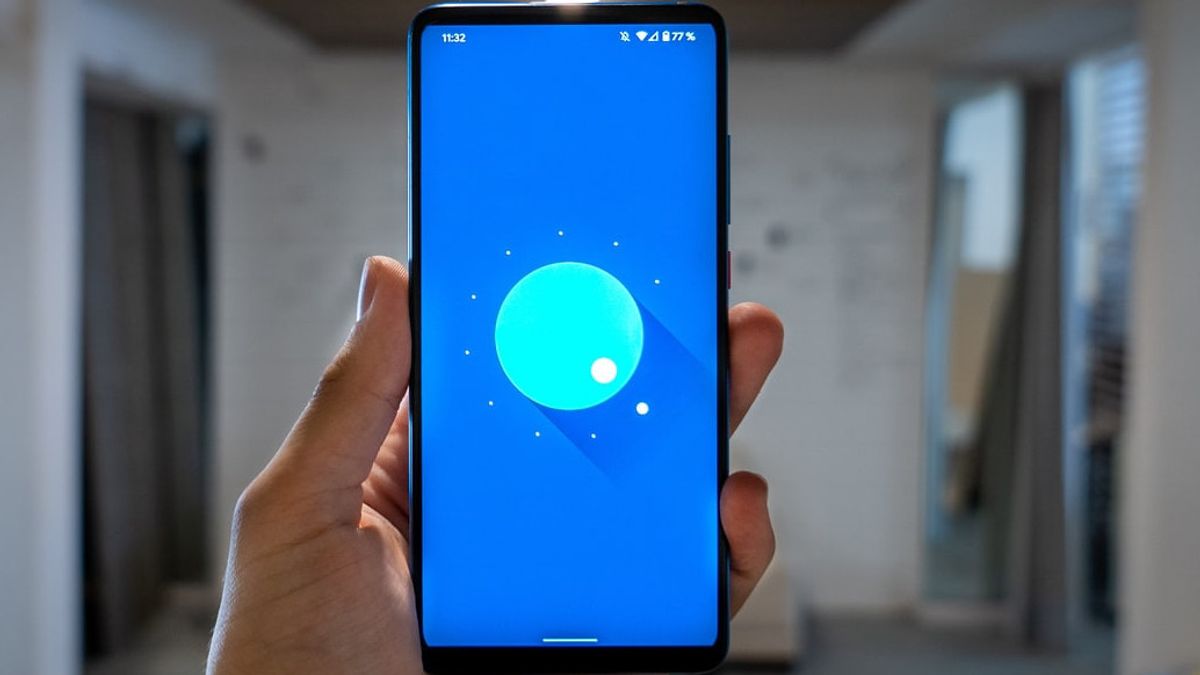JAKARTA - Google is reportedly working on an anti-stalker feature, namely a native Bluetooth tracker detection for Android. Bluetooth trackers are becoming increasingly popular, mainly thanks to Apple's AirTag.
This feature will later function to find unknown tracking devices by detecting the Bluetooth that comes from them.
First reported by 9to5Mac who found the APK code of the latest version of Google Play services (version 22.12.13). There are references to 'Unknown device alert' and 'Unknown Tag Detected Notification' for Bluetooth Low Energy (BLE) tags, a more energy-efficient version of the wireless connectivity protocol.
Interestingly, these terms are related to strings used by Tile and ATag, which the report says are references to Apple's Airtags.
Launching Slashgear, Thursday, March 31, with the discovery, future versions of Android will allow users to scan and find unwanted trackers near them.
The report further suggests that BLE's tracker detection feature will also allow Android users to ring the identified tags, similar to how Apple lets users play sounds on unwanted AirTags.
Of course, Google's idea of working on a tracker detection system is a promising development, but the lack of specs makes it a mystery.
It's not clear yet whether the new Android feature needs to be manually activated to check for nearby trackers, or whether the feature will do its own thing in the background and send notifications when it detects an unknown tracker.
In addition, because the system is always dependent on Bluetooth will also reduce battery life. As is well known, this is just a find in the code, and it's possible that Google didn't release this widely as a feature.
Even so, a feature like this is certainly very much needed because it serves as an existing solution to detect unknown trackers and make Android users more secure.
The English, Chinese, Japanese, Arabic, and French versions are automatically generated by the AI. So there may still be inaccuracies in translating, please always see Indonesian as our main language. (system supported by DigitalSiber.id)













